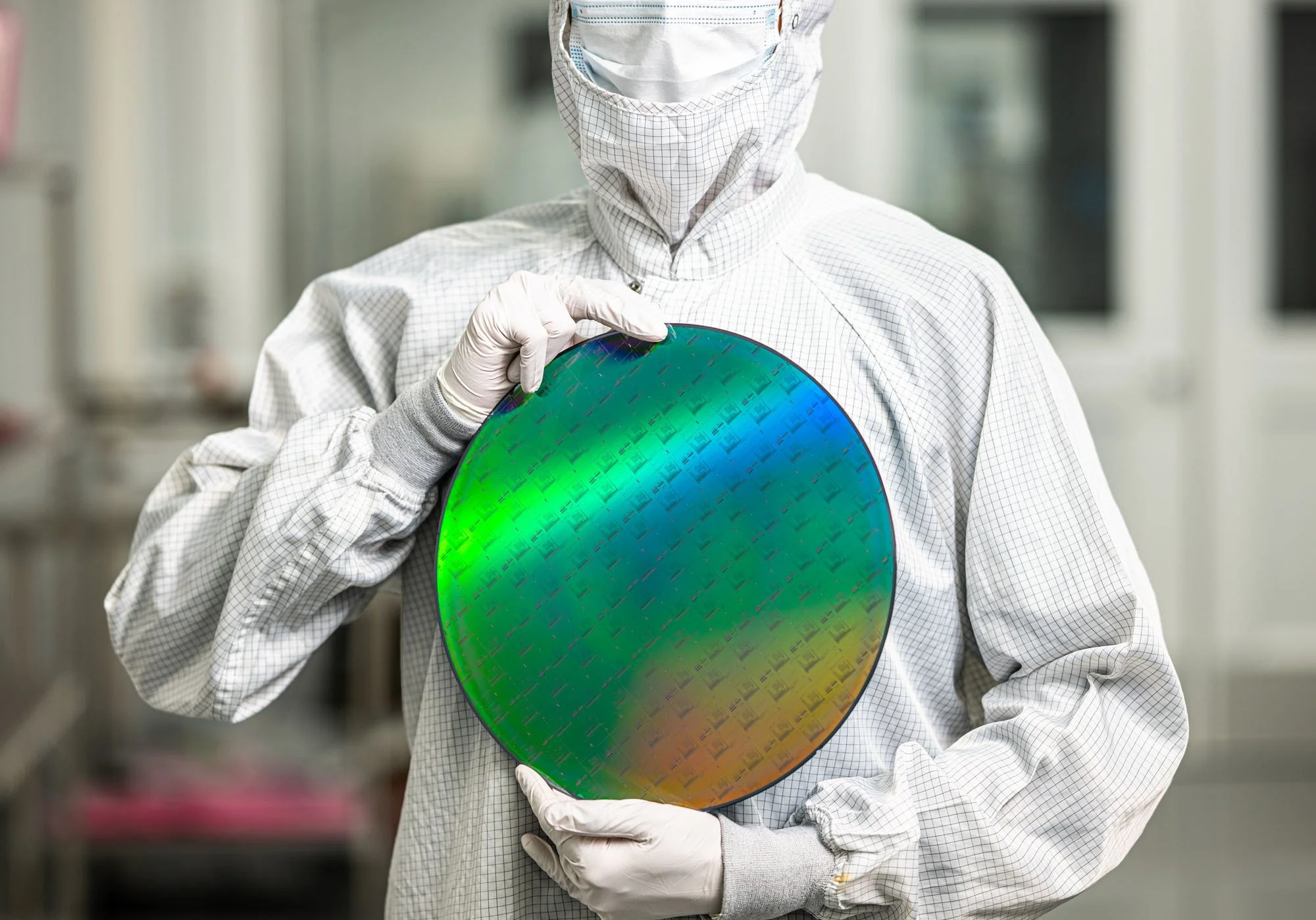Introducing Omega - Inside the Chipset
Learn more about PsiQuantum’s new paper in Nature that reviews the silicon photonics platform it has developed in partnerships with GlobalFoundries and other fab partners.
Thinking inside the blocks: Fighting faults with a logical instruction set
How large does a useful quantum computer need to be?
This is an important but surprisingly hard question to answer.
PsiQuantum targets first commercial quantum computer in under six years
Sept 28 (Reuters) - PsiQuantum is aiming to deliver its first commercial quantum computing system in under six years, its CEO said as the startup announced a partnership with the U.S. Department of Energy to develop advanced fridges for its machines…
A More Efficient Method for Breaking Elliptic Curve Cryptography (ECC) Using a Fault Tolerant Quantum Computer
Cracking cryptographic protocols is a well-known impact area for fault-tolerant quantum computing. Clearly it is important to estimate just when quantum computers will impact cryptography.
Sculpting noise with dynamical bias
Photonic qubits have the great advantage that they don’t easily interact with their environment and hence are intrinsically less noisy than many other qubit types…
Modular decoding: Scaling up by breaking down
There’s an unsung impasse currently facing commercially useful fault-tolerant quantum computers. Useful quantum computers rely on quantum error-correcting codes that redundantly encode otherwise delicate logical information into a much larger system of physical qubits….
PsiQuantum Announces Breakthrough in Architectures for Error-Corrected Quantum Computing
We recently announced a new approach to vastly increasing the efficiency of running quantum algorithms. We call it the Active Volume Architecture. The key insight is that if you have access to certain hardware capabilities then you can obtain remarkable reductions in the running costs of commercially useful quantum algorithms (for example, reducing running costs by around 50x for factoring algorithms).
Counting qubits for better batteries
The widespread adoption of electric vehicles rests on developing faster charging, longer lasting battery technology – the critical enabler for transitioning away from internal combustion engines. PsiQuantum has been working with Mercedes Benz to assess just how advanced a quantum computer must be to revolutionize Lithium-ion (Li-ion) battery design.
Blog: PsiQuantum partners with GLOBALFOUNDRIES to bring up Q1 quantum system
This blog provides insight into the components and manufacturing process of the Q1 system, the first system milestone in PsiQuantum's roadmap to a full-scale quantum computer.
Mercedes Gimeno-Segovia
Fusion Based Quantum Computing (FBQC)
We’re excited that our work on Fusion Based Quantum Computing (FBQC) has recently been published in nature communications…
Building the world’s first useful quantum computer
Quantum computing may be the most profoundly world-changing technology uncovered to date - it could bring about revolutionary, urgently needed transformations in climate, energy and healthcare. The only outstanding question is this: How do you build such a machine?
Jeremy O'Brien, CEO at PsiQuantum
Quantum Computing: 1 million qubits
Nothing has changed the world more than our ability to compute. But the big problems that we’d really like computing to solve are so difficult that, even if Moore’s Law did continue, conventional computers could never solve them. The good news is that a solution is at hand: quantum computing - a drastically different approach to computing that is profound both in terms of the fundamental laws of physics it exploits, and the transformations it will bring about in our lives, society and economy.
Jeremy O'Brien, CEO at PsiQuantum




